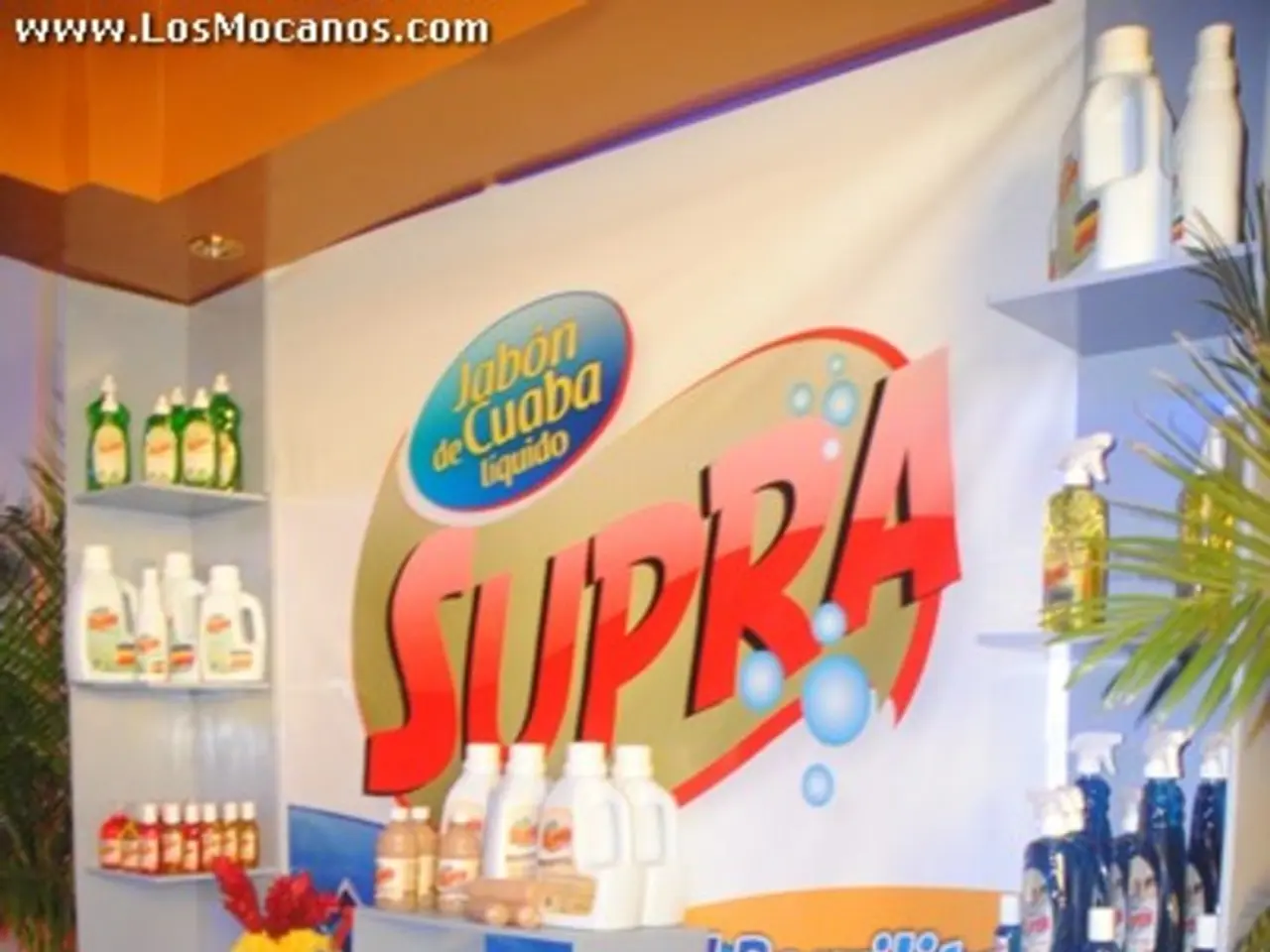Launching a Profitable Private Label Nutritional Supplement Venture: A Step-by-Step Guide
When embarking on a private label supplement business, selecting a reliable manufacturer is crucial for achieving success in the competitive health and wellness industry. Here are key factors to consider:
Quality and Certifications
Opt for manufacturers certified to meet international and US standards, such as Good Manufacturing Practices (GMP), FDA registration, ISO standards, and HACCP for safety and quality assurance. These certifications ensure the supplements are produced in clean, controlled environments with consistent quality and potency.
Regulatory Compliance
The manufacturer must adhere to FDA regulations, specifically the dietary supplement guidelines outlined in 21 CFR Part 111 and comply with the Dietary Supplement Health and Education Act (DSHEA). This includes quality controls on ingredients, labeling accuracy, packaging, and documentation supporting safety and efficacy.
Product Portfolio and Formulations
Look for manufacturers offering a wide range of market-tested or customizable formulations across various supplement types (capsules, powders, gummies, liquids). Ability to provide clinically studied or branded ingredients can enhance formula credibility and regulatory approval.
Packaging and Labeling Services
Consider manufacturers that offer custom packaging, label design, and compliance assistance to ensure your product branding meets legal and marketing standards.
Minimum Order Quantities and Production Timelines
Evaluate if the manufacturer accommodates your business size with flexible order volumes and offers efficient turnaround times, ideally from concept to finished product within a few months.
Market Expertise and Support
Choosing a manufacturer experienced in the health and wellness sector can provide valuable market insights, regulatory consultation, and help you navigate evolving trends and compliance requirements.
In summary, a reputable private label supplement manufacturer will have strict quality control systems, FDA and GMP certifications, robust regulatory compliance processes, a diverse, science-backed product portfolio, and support services to help bring your product to market quickly and safely. These factors collectively reduce risk, enhance product credibility, and position your health and wellness business for success.
Labeling Considerations
The label should highlight the supplement's core benefits, usage directions, nutritional facts, and legal disclaimers. Implementing ongoing quality assurance strategies, like batch testing and third-party lab verification, ensures every product meets promised specifications.
- To make certain that your brand identity reflects expertise in the health and wellness sector, find a manufacturer who offers packaging and labeling services, ensuring your product branding complies with legal and marketing standards.
- In addition to using clinically studied or branded ingredients, it's essential to select a manufacturer who understands finance and entrepreneurship, as they can provide valuable advice on scaling your business efficiently.
- As you seek to differentiate your brand within the competitive health-and-wellness industry, focus on manufacturers with science-backed product formulations and robust regulatory compliance processes, as adherence to dietary supplement guidelines and FDA regulations will position your brand as credible and reliable.
- To make the most of your investment in supplements, opt for manufacturers who offer minimum order quantities that cater to your business size, and ensure they can provide efficient production timelines, ideally from concept to finished product within a few months.




